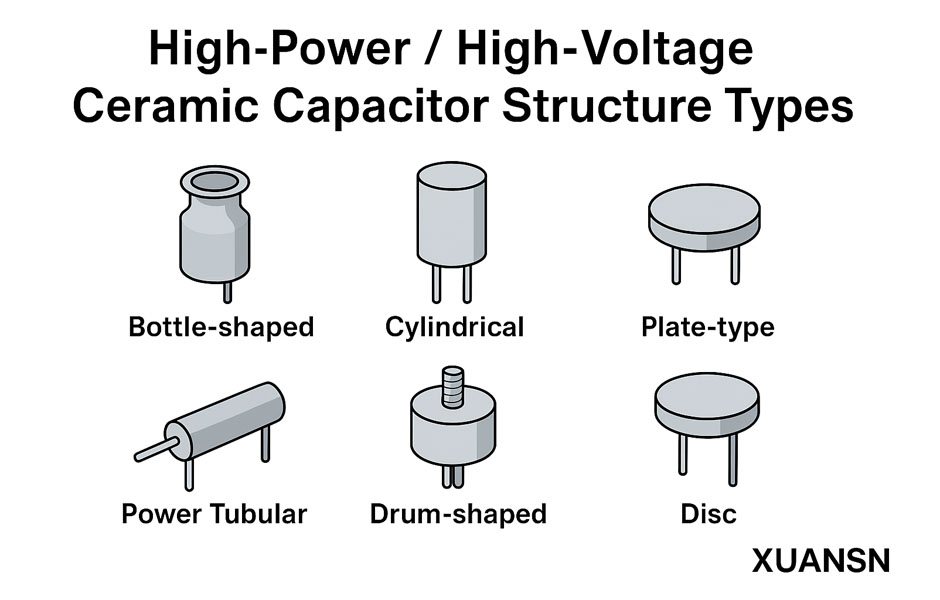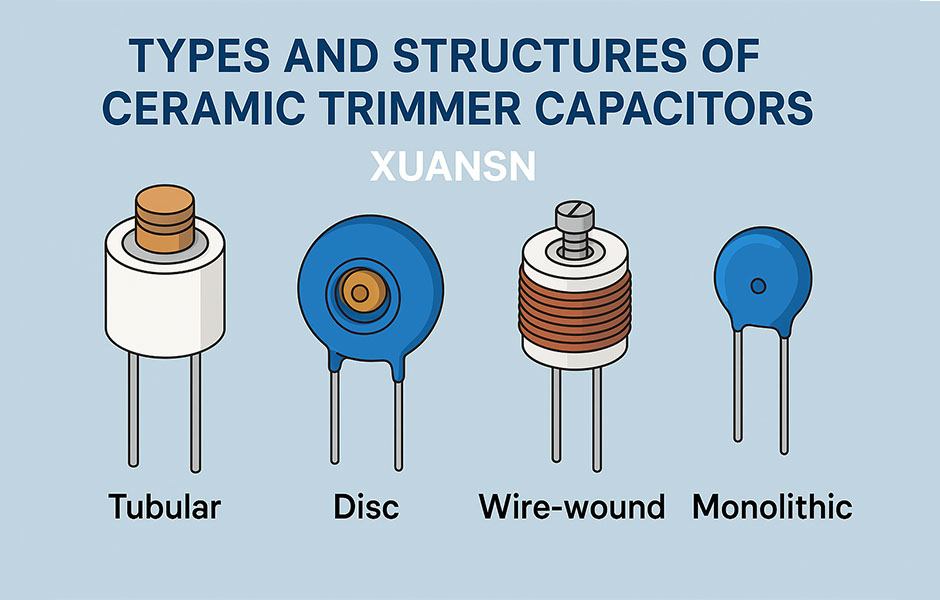Metal film capacitor are widely used in LED lighting, electronics, home appliances, communications, electric power, electrified railways, hybrid cars, wind power, solar power and other industries. Different types of metal film capacitor have different advantages.We need to make the choice of metal film capacitor according to the requirements of LED lighting.
The metal film capacitor used in LED lighting must meet the following requirements:
1. Temperature characteristics:
LED lighting products include bulb lamps, daylight lamps, street lamps, high bay lamps, etc. After the lamps are lit, the heating temperature of the lamp beads will soon rise to over 80 degrees. If you use the general market, it can only reach a low temperature of 85 degrees. Metal film capacitor is prone to blow up due to high temperature. Film capacitor can achieve 105 degrees or more, which can meet the requirements of high temperature resistance.
2. Life quality requirements:
Due to the long working hours of LED lights, but also continuous. Therefore, there are requirements for the stability and life of the capacitor, and the customer should choose the correct specification according to his own circuit design and application. At present, domestic film capacitor manufacturers meet customer needs in terms of stability and life.
3. The resistance-capacitance step-down can not have obvious capacity attenuation:
The power supply using the resistance-capacitance step-down scheme is a relatively low-end product, the purpose is to save the transformer and save costs, but this scheme has very high requirements for the capacitor used for the resistance-capacitance step-down. Resistor-capacitor step-down is the need to charge and discharge the capacitor continuously, and the probability of the capacity attenuation of the capacitor after such a long time work is very high. Therefore, it is very rigorous to choose metal film capacitors, especially quality.
Film capacitor are mainly used in electronics, home appliances, communications, electric power, electrified railways, hybrid vehicles, wind power, solar power and other industries. The stable development of these industries has promoted the growth of the film capacitor market.



